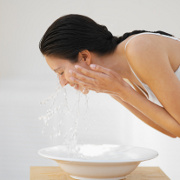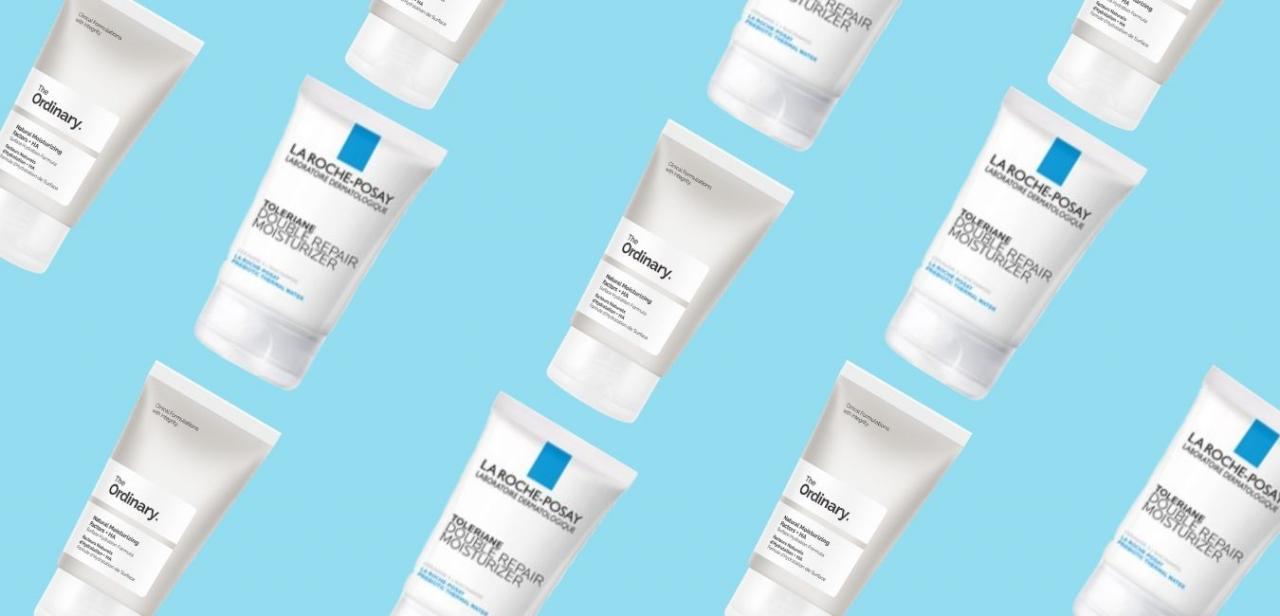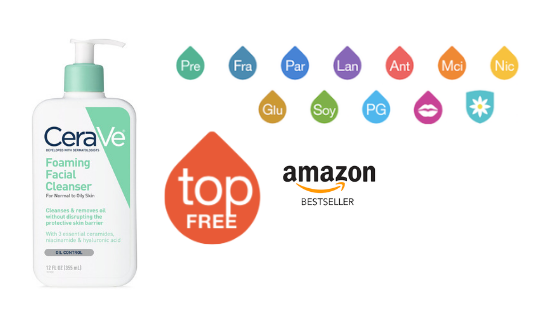 Photo: Getty Images
Photo: Getty Images
When it comes to treating acne, some people are willing to try almost anything to get rid of and prevent pimples, red bumps, cysts, and scarring. It may seem logical to think that natural treatments are automatically better for your skin than chemicals found in over-the-counter or prescription treatments for acne. But just because something is labeled “natural” does not mean it is safe to use.
If you check the internet, you will find numerous listings for products claiming to be natural cures for acne. Many of the ingredients listed are natural in the sense that they are found in nature. Herbal remedies are often recommended, and some herbs are known to be beneficial for the skin. For example, tea tree oil seems to work as well as benzoyl peroxide for treating acne and may be less irritating to the skin. The mineral zinc can help heal wounds on the skin and can reduce inflammation. And glycolic acid, which is naturally found in sugar cane, can help unclog pores and remove dead skin cells.
The danger with natural remedies is that just because something is natural does not mean that it is safe. In addition, you may not actually be purchasing what you think you are, or the product strength may not actually be what is claimed. Unlike prescriptions and medications sold over-the-counter in drug store, natural supplements sold in health food stores or from websites are not generally regulated by the U.S. government. This can mean the product has not been tested to prove what is claimed, or that tests were not conclusive.
Lack of regulation also means the amount of active ingredient in the supplement may not be what is advertised. Receiving a lower dose than what is recommended may mean the supplement will not be effective or will take longer to work. You may be paying more than the supplement is truly worth if the ingredient is not full strength.
On the other hand, some supplements may contain higher doses than advertised, which can create unintended health risks. For example, the natural element selenium is necessary for healthy skin. But supplements have been sold that contained more than 200 times the amount of selenium noted on the label. Excessive doses of selenium can cause selenium poisoning which can lead to stomach problems and dizziness, as well as the same kinds of skin problems the selenium was intended to cure including scaly, itchy skin, and acne-like breakouts.
Natural remedies can have an appropriate place in skin care and acne treatment. Be sure to talk to your healthcare provider about all medications and supplements you are using, including natural ones, to avoid possible drug interactions and other complications.
Sources:
AcneNet
Mayo Clinic
National Center for Complementary and Alternative Medicine: Herbs at a Glance
Reviewed July 28, 2011
by Michele Blacksberg R.N.
Edited by Shannon Koehle






Add a CommentComments
There are no comments yet. Be the first one and get the conversation started!